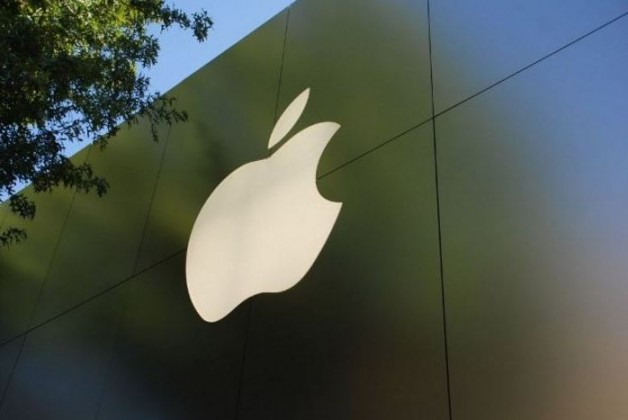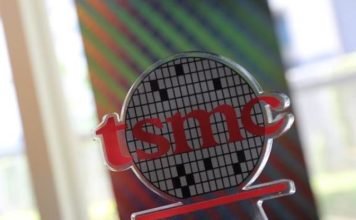Apple announced its plans to purchase the majority of smartphone modem business from Intel in a deal valued at $1 billion.

The strategy of Apple is to ensure the supply of own smartphone chips without dependence on Qualcomm or Intel.
Intel bets on 5G infrastructure
Intel CEO Bob Swan said network infrastructure, which is transforming as the industry transitions to 5G, is one of the most important areas of investment for Intel. This business is growing at a 40 percent CAGR since 2014 from just over $1 billion in revenue to more than $4 billion last year.
The network cloudification that comes with 5G expands the opportunity in the core network and at the edge, as more data moves closer to where it is created. Intel expects to start the production of Snow Ridge, Intel’s 10-nanometer system-on-chip technology for 5G base stations, early next year.
Intel has already announced two large telecom equipment manufacturers have committed to this architecture. Intel aims to achieve 40 percent share in this market segments by 2022.
Intel does not want to be in 5G phone business
Apple will absorb 2,200 employees from Intel, along with intellectual property, equipment and leases. Intel’s engineers will join the cellular technologies group of Apple.
“They, together with our significant acquisition of innovative IP, will help expedite our development on future products,” Johny Srouji, Apple’s senior vice president of Hardware Technologies, said.
Apple’s wireless technology patents, ranging from cellular communication standards to modems, will surge to 17,000.
Apple will become a more powerful player in global licensing talks that will likely take place between major 5G patent holders such as Huawei Technologies, Reuters reported.
Intel will retain the right to develop modems for non-smartphone applications, such as PCs, industrial equipment and self-driving cars.
“This agreement enables us to focus on developing technology for the 5G network while retaining critical intellectual property and modem technology that our team has created,” said Intel CEO Bob Swan.
Intel was the sole source of iPhone modem chips over the past year after Apple got into a legal fight with previous supplier Qualcomm over Qualcomm patent licensing practices.
Cupertino, California-based Apple reached a settlement with Qualcomm in April to re-start the use of Qualcomm modem chips for making iPhones.
The deal to buy Intel’s smartphone modem business will be Apple’s second-largest ever after its $3.2 billion purchase of Beats Electronics in 2014.
The deal with Intel will bolster Apple’s goal to make its own modem chip. Two of Apple’s biggest global rivals – Samsung Electronics and Huawei – already have the ability to self-supply modem chips.
Apple plans to use Qualcomm’s modem technology for a 5G iPhone in 2020 but wants to have an internally developed 5G modem technology ready for use in some of its products by 2021. Intel previously disclosed plans to have a 5G modem ready by 2020.
Apple will try to replace use of Qualcomm smartphone modem chips in the manufacturing of iPhones in phases as Apple builds up its ability to ensure that its own modems work on all the networks and countries.
Apple has engaged with Taiwan’s Global Unichip Corp, a chip design house in which Apple supplier Taiwan Semiconductor Manufacturing is an investor, to explore a modem design, but the work is in early stages.
Goldman Sachs served as financial advisor to Intel and Skadden, Arps, Slate, Meagher & Flom served as legal advisor.
Baburajan K





